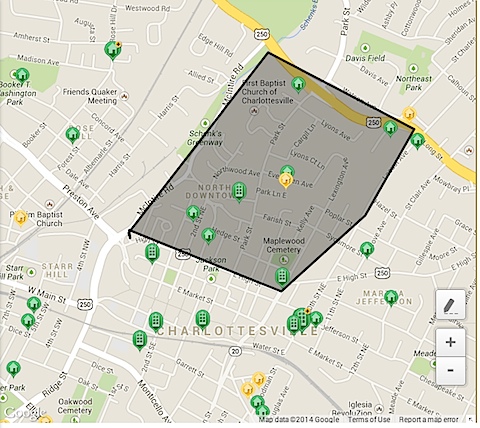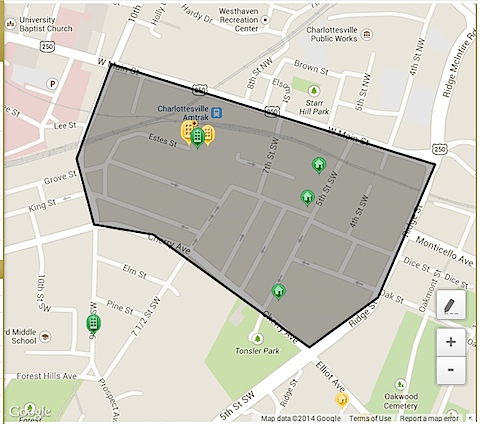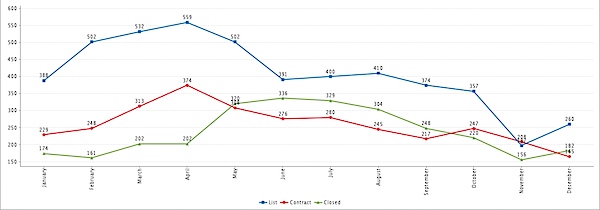Part 2 of 2 . Questions? Ask ‘em. This stuff matters, folks. I know enough about them to know that I need to recommend experts to my clients; Matt is one of those experts. As such,
Part 1 by Matt Hodges with Presidential was posted on Friday and is a primer on the new Ability to Repay rules.
Okay, ATR (Ability to Repay) is straight-forward and all are common sense. What about Qualified Mortgage (QM)?
First, a QM (Qualified Mortgage) must comply with all ATR requirements. Next, and probably most misunderstood today is the 3% compensation rule. The CFPB created a 3% maximum compensation to the broker/lender/correspondent. This means that the commission that a broker makes is capped by the CFPB, but a lender or correspondent is only capped on other fees and non-bona fide points. Individual lenders are still creating rules to comply with this and there is still much debate about how to comply. Here is what the CFPB states: “…points and fees generally may not exceed 3 percent of the total loan amount…†There is a higher percentage allowed for loans below $100,000. Finally, QM’s Average Prime Offer Rate (APOR) must not exceed 1.5% over Annual Percentage Rate (APR). These are considered Higher Priced loans, and do not comply with ATR. Second liens must not exceed 3.5% and certain Small Creditor and Balloon transactions also may exceed APR by up to 3.5%.
Here’s one of the big questions – What about the 43% Debt to Income rule? Debt to income has always been calculated, though diffently applied maximums. It is the percentage of your mortgage debt to your gross monthly income or percentage of your total monthly debt to your gross monthly income. Well, it’s not really a rule today, UNLESS lenders overlay the Fannie/Freddie guidelines. The reason it’s not really a rule is Agency QM (Fannie and Freddie) uses their own determination software for maximum debt to income. The CFPB gave, for exactly seven years from implementation on January 10, 2014, both Fannie Mae and Freddie Mac an exemption, though that could be shortened if either departs federal conservatorship. Certain lenders have decided to institute the 43% rule, but generally those are not the typical 30 year fixed conforming. What I have witnessed is ARMs over $417,000, and thus a jumbo loan. Further, VA, FHA and USDA loans are exempt from this rule.
So, if 43% isn’t really “real†right now, what is?
Right now, Fannie and Freddie will regularly go to 45% DTI and for the right file, 50%. FHA will go to 46.99% on mortgage DTI and 56.99% total DTI and VA does not have a maximum. Generally, all three types will need automated underwriting System (AUS) approval, and as loan officers, we use Fannie Mae’s Desktop Underwriter and Freddie Mac’s Loan Prospector for conventional, FHA and VA loans. Guaranteed Underwriting System is used by USDA. If a loan is manually underwritten, per guides, DTI ratios are almost always lower.
Now, the 3% rule – probably the most misunderstood as well as applied most harshly against mortgage brokers, versus bankers or correspondents. There are six categories which comprise the 3% max on loan at $100,000 or greater:
- Finance charges. Non-refundable up-front mortgage insurance premiums, loan level pricing adjustments (such as lower credit score “hitsâ€) as well as excessive points
- Loan originator compensation
- Premiums for credit insurance and the like – very unusual
- Maximum prepayment penalty
- Prepayment penalty paid during a refinance
Brokers are required to disclose actual or maximum compensation on their Good Faith Estimates, but neither correspondents, nor lenders are. Further, total compensation may not be known, as “of the date the interest rate for the transaction is set,†because lenders often hedge their loans, rather than locking them with their investors. So, while legal and common place in the lending industry, a locked loan is guaranteed to the borrower at that rate and points, but some lenders may actually be “floating†the loan and, thus, the total compensation may not be known and thus, that component of the 3% rule may not have to be complied with, legally. Lenders and correspondents have an advantage in this realm. Blame politics and lobbyists – brokers lack a voice in Washington. We’ve even heard from some wholesalers, which price loans to brokers that they are increasing the costs to brokers, just to help pay for the administration of QM.
Read More




